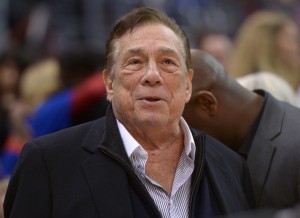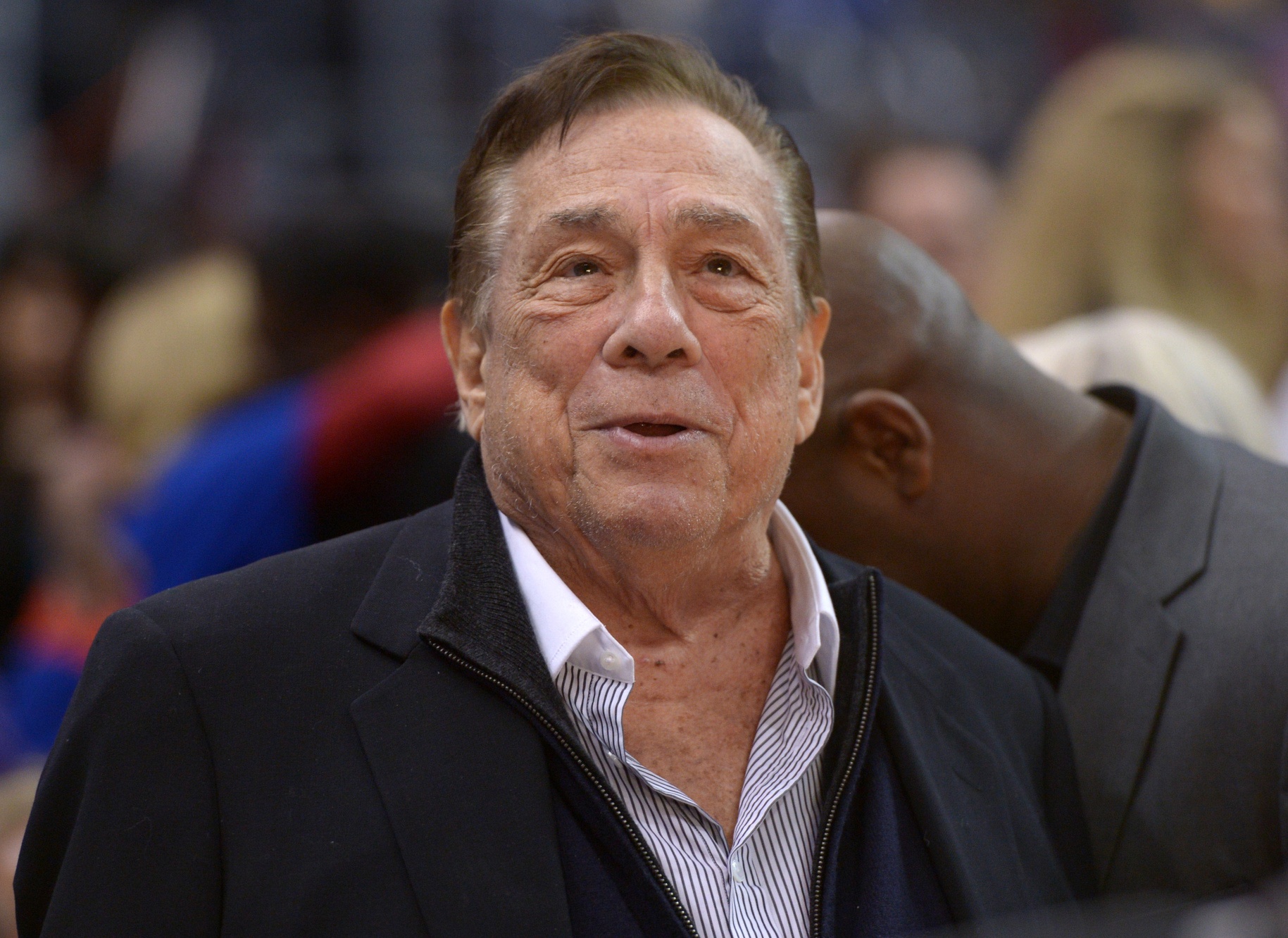The following is a guest contribution from Larry A. Silverman of law firm Dickie McCamey & Chilcote.

Commissioner Adam Silver has received universal praise for his decision to impose a lifetime ban and $2.5 million fine on Donald Sterling for his appalling racist statements. However, as this drama has shifted to the Owners, many commentators have questioned their authority to terminate his ownership interest in the Los Angeles Clippers and have argued that a lengthy and contentious court battle will almost certainly ensue when, as expected, they impose this sanction.
Since the Commissioner has made it clear he wants Sterling completely out of the League, why did he choose to “punt” the ownership issue to Sterling’s fellow Owners? As a lawyer who has worked in and around the sports industry for years, I knew the answers had to be found in the League’s Constitution and By-Laws. What I discovered after reviewing that document initially surprised me, but “on further review” highlighted the strategic brilliance of the Commissioner’s approach.
To understand the Commissioner’s decision, we must begin with the basic principle that all pro sports leagues are voluntary associations akin to a private club. To join that private club, the Owner must agree to be legally bound by the League’s Constitution and By-Laws. I assumed, therefore, that a review of the NBA’s version of that document would disclose that only the other Owners had the authority to terminate Sterling’s ownership interest and that the Commissioner lacked the authority to impose that penalty.
What I found surprised me. First, contrary to my assumption, the Commissioner did have the authority to terminate Sterling’s ownership interest and second, while the document contains a specific list of the reasons that will justify termination, Mr. Sterling’s racist statements do not appear to fall within any of those listed reasons so that the Commissioner’s approach actually increased Sterling’s chances of success in the likely court fight over his ownership of the team.
Believing I must be “missing something, I dug deeper and now believe the Commissioner’s decision, which at first blush seemed flawed, will, at the end of day, insure that not only will Sterling lose his ownership interest, the NBA and it’s Owners will almost certainly prevail if Sterling seeks relief from the courts.
As noted, Sterling is bound by the League’s Constitution and By-Laws, which include a grant of broad powers to the Commissioner to act in the “best interests” of and preserve “public confidence” in the League. Those “best interests” powers are so broad that under this governing document even if a situation arises that is not covered by the document, the Commissioner is empowered to establish a rule and the fix whatever penalty he sees fit.
Armed with such unbridled power, why did the Commissioner decide not to exercise it? Why opt instead to leave the ownership issue to the other Owners? The answer lies in a clause buried at the end of the 2 Articles that discuss the termination of an Owner. Article 13 says an Owner’s interest can be terminated if he violates one or more of 10 listed reasons and Article 14 details the procedures that must be followed to determine if the conduct violated any of those listed reasons. Because Sterling’s statements do not appear to fit within any of Article 13’s listed reasons and because there is no catch all “best interests” language in Article 13, many commentators have questioned the Owners power to take the Team away from Sterling and have opined that a court challenge would have merit.
It is now (finally) that the Commissioner’s “sleight of hand” is revealed. At the very end of Article 14 lies sub-part (j) which states in surprisingly simple and unequivocal terms:
“The decisions of the Association made in accordance with the foregoing procedure shall be final, binding, and conclusive, and each Member and Owner waives any and all recourse to any court of law to review any such decision.”
After reading this clause, I could only shake my head in admiration at the Commissioner’s approach. The courts treat a Commissioner’s actions in the same way they treat the actions of arbitrators so that factual findings will rarely be overturned. The courts will, however, take a closer look at whether the arbitrator (the Commissioner here) had the authority to issue the sanction at all. Rather than risking that some court might conclude he lacked the authority to terminate Sterling’s ownership interest, the Commissioner deftly “punted” that issue to the other 30 Owners. He did so knowing that THEIR authority to act was more questionable than his, because he understood that even if none of the listed reasons for termination in Article 13 “fit the crime”, Sterling would be left with a wrong without a legal remedy. The decision of the Owners is “final, binding and conclusive” and by joining the NBA’s “private club”, Sterling waived “any and all recourse to any court of law” to review their decision. Stated another way, even if the Owners decision is flat out wrong, Sterling is stuck with that decision.
Commissioner Silver undoubtedly was under pressure to put the nail in the coffin and terminate Sterling’s ownership interest. By leaving that last bullet in his gun and allowing the Owners to finish the job, the Commissioner has virtually assured that any lawsuit Sterling files will fail. It has been reported that suitors from Oprah to Oracle’s Larry Ellison are willing to pay as much as $1 billion for the Clippers. (Sterling paid a reported $12.7 million in 1981). In a sad irony, it is likely that the value of the franchise has risen due to Sterling’s actions, since the public has rallied around the classy handling of the drama by the players and its coach, Doc Rivers. Hopefully, Mr. Sterling will recognize that a lawsuit would be fruitless and that there is no better time to secure a maximum return on his investment. Since we are told Mr. Sterling is a stubborn and litigious man, it remains to be seen whether he will follow that course. Stay tuned.
